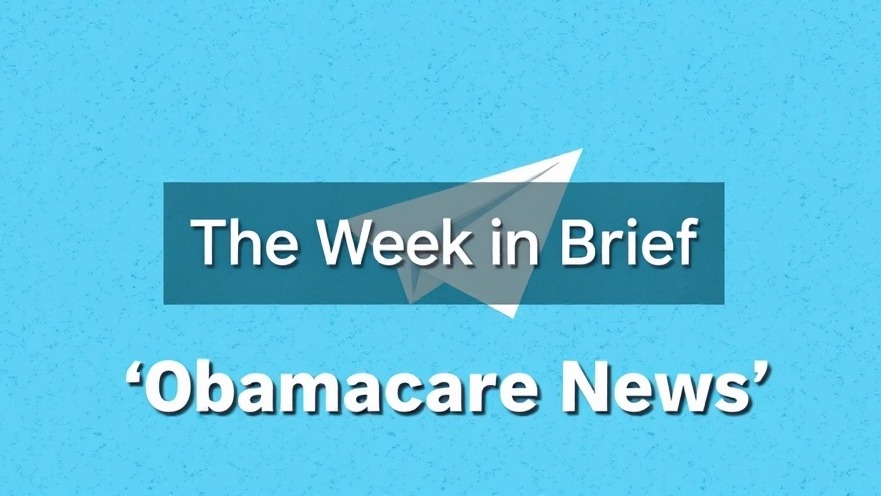
The Political Tug-of-War Over ACA Subsidies: Public Health at Stake
The ongoing debate surrounding the subsidies associated with the Affordable Care Act (ACA) has resulted in a government shutdown, significantly impacting public health services across the nation. The conflict pits the Democratic push for enhanced subsidies against Republican demands for budget negotiations to take precedence. As the deadline for funding agreements loomed, government agencies began suspending operations, impacting various health services and leaving many Americans in uncertainty.
The Human Impact of the Shutdown
With the Trump administration announcing potential mass layoffs, the ramifications of this political stalemate extend far beyond Capitol Hill. The Department of Health and Human Services anticipates furloughing approximately 40% of its workforce, exacerbating an already strained system that has lost around 20,000 positions since 2016. Furloughed employees, while eligible for back pay, are set to contribute to an estimated daily economic loss of $400 million—a stark reminder of how political decisions profoundly affect everyday lives.
Public Sentiment: A Call for Action
In a recent KFF poll, a staggering 78% of respondents expressed a desire for Congress to extend the enhanced ACA subsidies, which aim to lower health insurance premiums for low to moderate-income individuals. This sentiment is not just a partisan issue; even a significant portion of Republican voters (over half) support extending these financial aids. As millions of Americans face potential increases in their insurance premiums—expected to rise from an average of $888 to nearly $1,904 next year—the urgency for political compromise becomes increasingly clear.
The Ticking Clock: Economic Implications of ACA Subsidy Expiration
If Congress fails to act before the expiration of these subsidies at the end of 2025, experts predict that more than four million people could lose their health insurance. The enhanced premium tax credits, initially implemented under the American Rescue Plan in 2021, have already contributed to a doubling of ACA enrollment. Any disruption could reverse this progress, limiting access to necessary healthcare for countless individuals who rely on these programs to afford their premiums.
The Unintended Consequences of Partisan Politics
Interestingly, both parties are now engaged in a blame game that not only puts political futures at risk but also poses real-life threats to American public health. As House Minority Leader Hakeem Jeffries remarked, Democrats refuse to compromise on funding that undermines healthcare for average citizens, while Republicans demand concessions in return for their support. This gridlock raises questions about the viability of governance when fundamental healthcare issues are at stake.
Risk Factors and Strategies for Consumers
With the specter of rising costs looming large, it is important for consumers to arm themselves with knowledge. Health policy analysts recommend examining the different plans available through the ACA marketplace and utilizing Health Savings Accounts (HSAs) as a means to manage immediate medical expenses. Being proactive can help mitigate some of the financial surprises many families may face if the subsidies expire abruptly.
Conclusion: Navigating Uncertain Waters
The ongoing debates surrounding ACA subsidies illustrate a deep divide in American politics, pushing the envelope on a critical issue that affects millions. As we continue to monitor how the parties navigate these turbulent waters, Americans are reminded of the importance of staying informed, taking proactive steps in health insurance planning, and advocating for policies that prioritize health equity.
Join the conversation: How are you preparing for potential changes in healthcare coverage?
 Add Element
Add Element  Add Row
Add Row 



Write A Comment